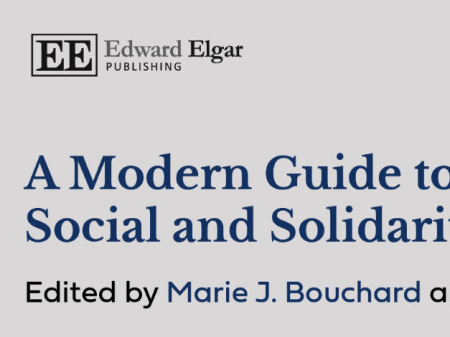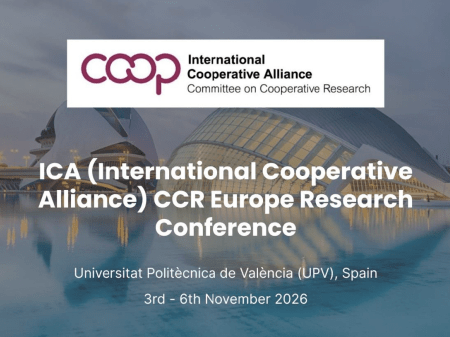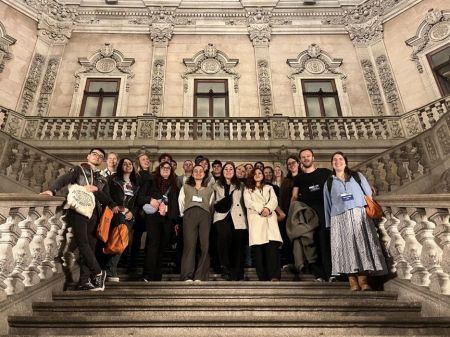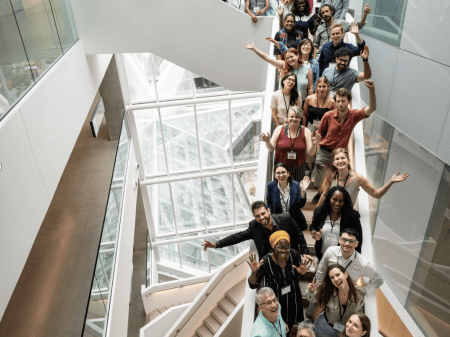We are pleased to share news of a new book relevant to…
Nomination of new CCR Chair - Dr. Cynthia Giagnocavo
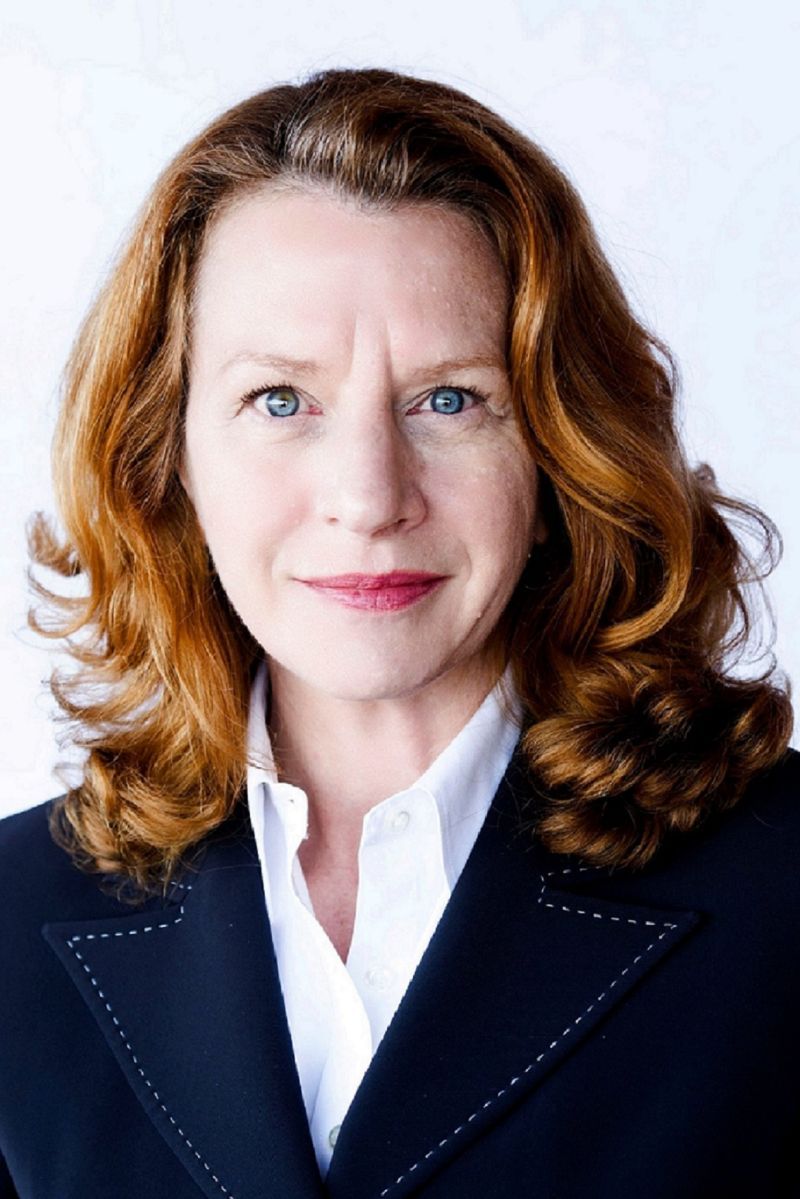
Based on the decision taken by CCR executive members in January 2023, Dr. Cynthia Giagnocavo, University of Almería (Spain) was officially nominated as the new CCR Chair at the ICA CCR Global and European Research Conference 2023 held in KU Leuven. She succeeded Mr. Akira Kurimoto who had served as the interim CCR Chair for last two years. Below is a message from Dr. Cynthia Giagnocavo, as the new CCR Chair.
The cooperative research community is fundamental for understanding the contribution of cooperatives to our societies and the role they play in creating jobs, producing and distributing food, providing services, housing, access to finance, amongst other benefits. Cooperative research helps us to see and gauge impact, which might otherwise go unnoticed in a world where investor owned, exchange listed companies dominate markets and research, and where a small list of indicators parade as substitutes for value.
To study corporations, academics have ease of access to abundant data, from annual regulatory filings, national statistics, sector reports, etc. As cooperative researchers, we have to work harder, with time consuming (although inspiring) data gathering and field work to study small and medium cooperative enterprises, while trying to obtain more complete information from our larger cooperatives entities.
Clearly one of the roles of cooperative academic research is to understand what is and what has been. What is the cooperative impact? But that question needs to be answered using appropriate concepts, measurements and indicators, not by the metrics of social or green washing or indicators of unrelenting growth where there is no consideration of the wide range of negative, or alternatively, positive, externalities and outcomes.
We cannot just be focused on how cooperatives can react to challenges, picking up the pieces and cleaning up after the results of failed economic, social and environmental premises and policies. Our more ambitious task should be to discover how cooperatives can influence these larger systems in which they operate and expand the diversity of enterprise models. It is not only cooperatives that need to change.
In doing so, researchers and practitioners, working together, need to understand what creates conducive ecosystems for cooperatives, in terms of governance, actors, resources and resources systems (following Ostrom´s socio-ecological subsystems framework). How do these subsystems foster the capabilities and resources cooperatives need, not only to find solutions to the myriad of social and environmental issues, but to create new environments based on cooperative values and principles?
And yes, as researchers, we need to craft a richly textured body of theory for all of the work mentioned above. For years, we have looked at cooperatives through the ill fitting lenses of other organisational logics.
We need to engage, support, listen to, and learn from our ICA CCR Young Scholars with a renewed energy and commitment and create coherent research strategies with them. As cooperative researchers, we also need to bridge the immense global North-South divide, explore how to support innovative and equitable responses to climate and environmental degradation. To do so cooperative researchers need to break down the research silos that exist between the four regions of ICA CCR (Africa, Europe, the Americas, and Asia-Pacific). Cooperatives exist within a global economy, and cooperative research must follow suit.
Lastly,I want to thank the executive members of the ICA CCR who nominated me as chair. I would also like to express my gratitude to the other ICA CCR Global chairs that came before me, the Director of research of the ICA, and regional committees that have supported and encouraged me to take on this position.
Cynthia Giagnocavo holds the COEXPHAL-UAL endowed chair in agriculture, cooperative studies and sustainable development at the University of Almería, Spain, where she is a management and organisational studies professor. Formerly a practising barrister and solicitor, qualified in England & Wales, Ontario, and New York, she worked in both the public and private sectors in the areas of environment, corporations, banking and finance. She also holds a Masters of Environmental Studies and a PhD in business management. Currently her work focuses on transitions to sustainable agri food systems and sustainable business models. She served as the Chair of the ICA CCR European board for 7 years, and is a member of the Cooperative Identity Advisory Group.

